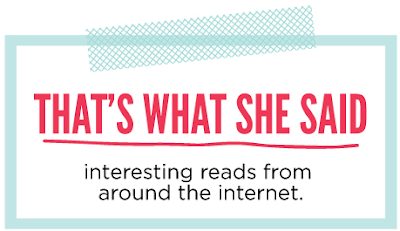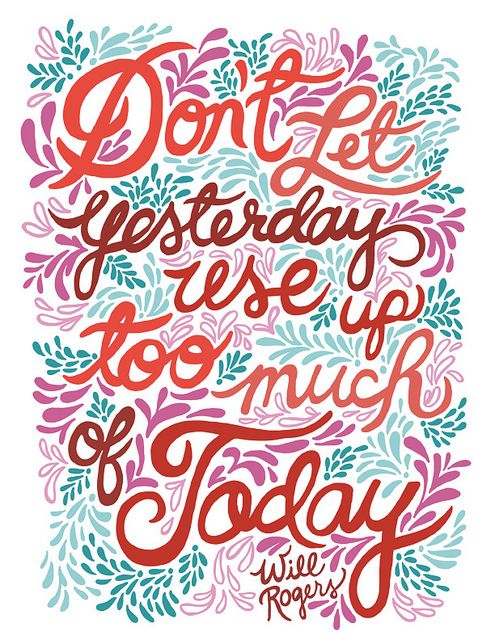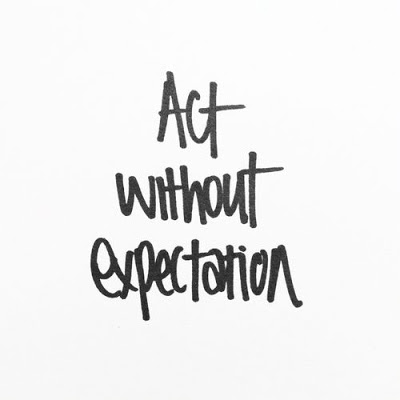Jillian Lauren shares 10 suggestions for self-care that doesn’t involve the sometimes impossible task of meditation…2. Slow down your transitions. That sounds so boring, I know. But when I have a ton to do, I can get into a sloppy, rushed mode that’s not only un-fun but also dangerous, particularly when it comes to cooking or driving or anything with sharp edges and moving parts. One thing I’ve learned from having two kids who struggle with transitions, is to slow way down and talk them through it. So I’ve started to do the same for myself. After I drop off my older son at school, I have a spot around the corner, where I pull the car over and just breathe and reconfigure my brain. I answer my texts. I pick out a podcast for the way home. I decide if I’m going to grab a latte or not. I take a breath. If the little one is with me, I still do an abbreviated version of this.
30 QUESTIONS NOBODY HAS ASKED MY HUSBAND | ldsmag.com
#4. Do you realize how blessed you are that your wife will babysit for you? #10. Why are you getting a graduate degree? #22. How do you balance it all?
Brooke Hoehne is forced to slow down when she goes to a non-fitness yoga class and is forced to stretch her wrists for twenty minutes. She is reminded of her week in Paso Robles as a volunteer farmer where she learned the farmers were trying to get her to slow down by telling her there was nothing to do. In a desperate race to fend off any notion of apathy and live every minute with a “life is short” type mantra, she questions what it takes and what it means to truly slow down…“I think our obsession with abundance is actually indicative of most elements in our culture. We’re doing our best to keep up with all of the high volume low depth relationships, items to purchase, uninterrupted entertainment, self marketing, experience collecting race to the good life, when the guy on the farm probably beat us there a long time ago.”
A comprehensive list of alternatives to the infamous “resting bitch face.” For example: I’m Just Now Registering That Horrible Thing You Did Face or Thanks So Much For Your Unsolicited Advice Face or Tell Me Again About How as a Man You’re Terrible at Administrative Labor Face.
THIS IS WHAT WHITE PRIVILEGE IS | washingtonpost.com
A simple clear cut take on what white privilege looks like…“Taking for granted that when you’re shopping, you probably aren’t going to be followed or harassed. Knowing that you can curse, dress sloppily or misspell a word in a memo without having people attribute these choices to the bad morals, poverty or substandard education of your race. Assuming that if you buy a house in a nice neighborhood your neighbors will be pleasant and welcoming. Understanding that if you ask to speak to the person in charge, you’ll almost certainly end up facing someone of your own race. Feeling comfortable and “normal” in all the usual walks of public life. What is white privilege? It’s the social advantage that comes from being seen as the norm in the United States, automatically conferred irrespective of wealth, gender or other factors. It smooths out life, but in a way that’s barely noticeable — unless it doesn’t apply to you. In her 1988 paper Wellesley College professor Peggy McIntosh described it as a set of unearned assets that white people can count on cashing in each day even as they remain largely oblivious to their advantage.”
A teenage Syrian refugee turned activist fights to help Muslim students feel safer in school amidst the rise of Anti-Muslim sentiment and threats, from the GOP candidates to the classroom…“The reports of threats and attacks are on the rise in schools across the United States, too. A seventh grader in Vandalia, Ohio, threatened to shoot a Muslim boy on the bus ride home from school, calling him a “towel head,” a “terrorist,” and “the son of ISIS.” A sixth-grade girl wearing a hijab in the Bronx was reportedly punched by three boys who called her “ISIS.” Even before Paris and San Bernardino, a 2014 survey by the Council on American Islamic Relations found that 52 percent of Muslim students in California reported being the target of verbal abuse and insults. That’s double the number of students who report being bullied based on gender and race nationwide.”
Washington state’s Teacher of the Year, Nate Bowling, voices his feelings about the conversation he is tired of not having when it comes to education policy reform, which is simply that America does not care what happens to poor people and most black people…”In my position as a Teacher of the Year and a teacher leader (an ambiguous term at best), I am supposed to be a voice and hold positions on a host of ed policy issues: teaching evaluations, charter schools, test refusal, and (fights over) Common Core come to mind. I am so sick of reading about McCleary (Washington’s ongoing intragovernmental battle for equitable funding for K-12) I don’t know what to do with myself. But, increasingly I find myself tuning out of these conversations. As a nation, we’re nibbling around the edges with accountability measures and other reforms, but we’re ignoring the immutable core issue: much of white and wealthy America is perfectly happy with segregated schools and inequity in funding. We have the schools we have, because people who can afford better get better. And sadly, people who can’t afford better just get less–less experienced teachers, inadequate funding and inferior facilities.”



